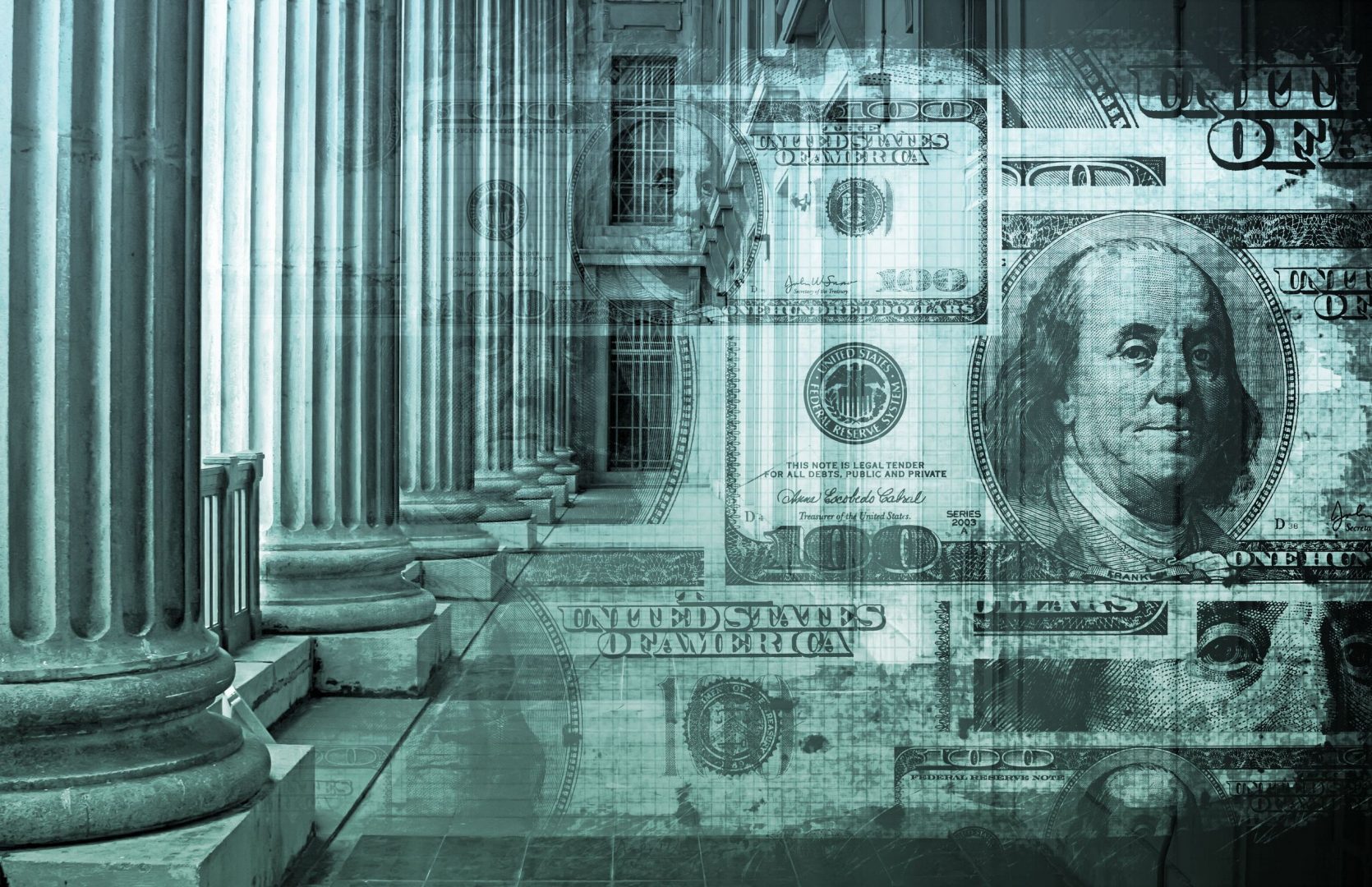US Congress voted to ease post-crisis bank rules

Congress moved Tuesday to dismantle a chunk of the rules framework for banks, installed to prevent a recurrence of the 2008 financial crisis that brought millions of lost jobs and foreclosed homes. The margin was 258-159, with 33 Democrats supporting the legislation.
The measure eases restrictions on all but the largest banks. It raises the threshold to $250 billion from $50 billion under which banks are deemed too important to the financial system to fail. Those institutions also would not have to undergo stress tests or submit so-called living wills, both safety valves designed to plan for financial disaster.
It eases mortgage loan data reporting requirements for the overwhelming majority of banks. It would add some safeguards for student loan borrowers and also require credit reporting companies to provide free credit monitoring services.
The legislation is aimed at especially helping small and medium-sized banks, including community banks and credit unions. But critics argue that the likelihood of future taxpayer bailouts will be greater once it becomes law. They point to increases in banks’ lending and profits since Dodd-Frank’s enactment in 2010 as debunking the assertion that excessive regulation of the banking industry is stifling growth.
U.S. banks’ net income climbed to $56 billion in the January-March quarter, a 27.5 percent increase from a year earlier, as profits were revved up by the corporate tax cuts enacted late last year, the Federal Deposit Insurance Corp. reported Tuesday.
“This is not a bill that benefits consumers. It is a big-bank bonanza,” Rep. Al Green, D-Texas, said in debate on the House floor before the vote.
The bill makes a fivefold increase, to $250 billion, in the level of assets at which banks are deemed to pose a potential threat if they fail. The change would ease regulations and oversight on more than two dozen financial institutions, including BB&T Corp., SunTrust Banks, Fifth Third Bancorp and American Express.
Eventually, the exempted banks will no longer have to undergo an annual stress test conducted by the Federal Reserve. The test assesses whether a bank has a big enough capital buffer to survive an economic shock and keep on lending. The banks also will be excused from submitting plans called “living wills” that spell out how a bank would sell off assets or be liquidated in the event of failure so it wouldn’t create chaos in the financial system.
Rep. Jeb Hensarling, the Texas Republican who heads the House Financial Services Committee, said Main Street banks “have been suffering for years under the weight” of the Dodd-Frank regulations. “Help is on the way,” Hensarling declared. “Today is an important day in the history of economic opportunity in America.”
The win on the banking bill adds to Trump’s marquee business-friendly legislative achievement, the sweeping tax bill enacted late last year that deeply cut taxes for corporations and wealthy individuals and offered more modest reductions for most ordinary Americans.
Supporters of the bill say Dodd-Frank was too blunt an instrument in response to the financial crisis, hurting smaller lenders that played no role in the debacle. They provide more than half of small business loans and over 80 percent of agricultural loans.
The legislation also exempts certain banks and credit unions from requirements to report some mortgage loan data. The exempted data includes the age of a loan applicant, credit score, total loan costs and interest rate. Critics say that would make it easier for banks to discriminate against minorities seeking home mortgages and go undetected.
In response to the Equifax breach that exposed personal information for more than 145 million Americans, the bill requires free credit freezes for all consumers affected by data breaches. Currently most states allow the credit reporting companies to charge consumers a fee for freezing their credit.
Backers of the legislation note that the Federal Reserve still will have the authority to apply tougher standards for banks with $100 billion to $250 billion in assets.
When the Senate earlier passed the legislation by a 67-to-31 vote, 17 Democrats joined with Republicans to approve it. Some Democrats in smaller or more rural states reliant on smaller banks cheered the legislation and said it removed a burden on those lenders.

